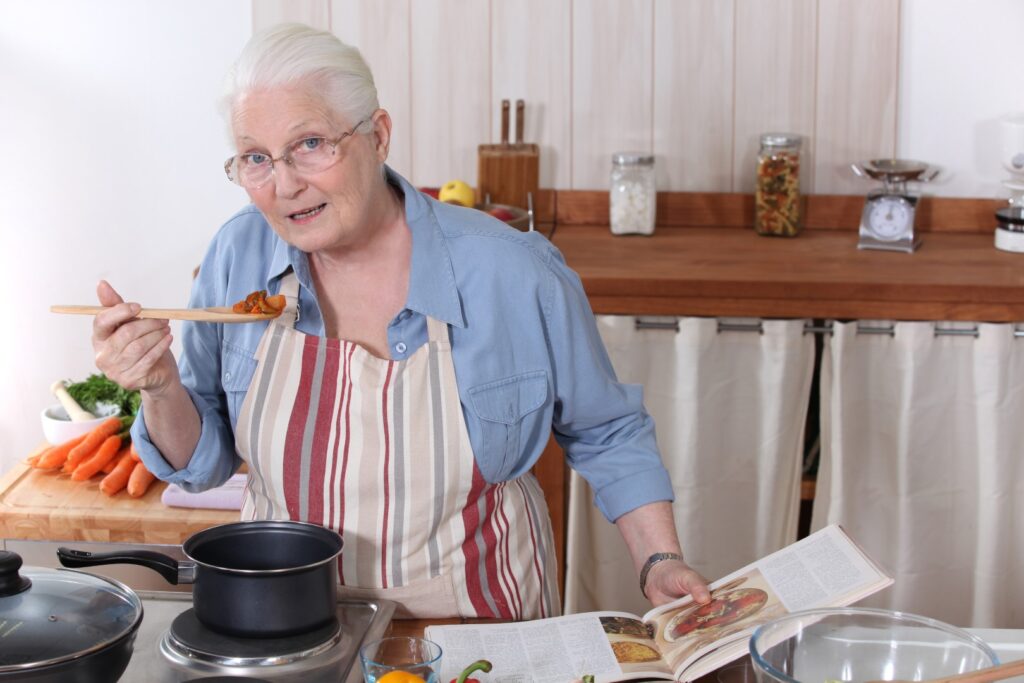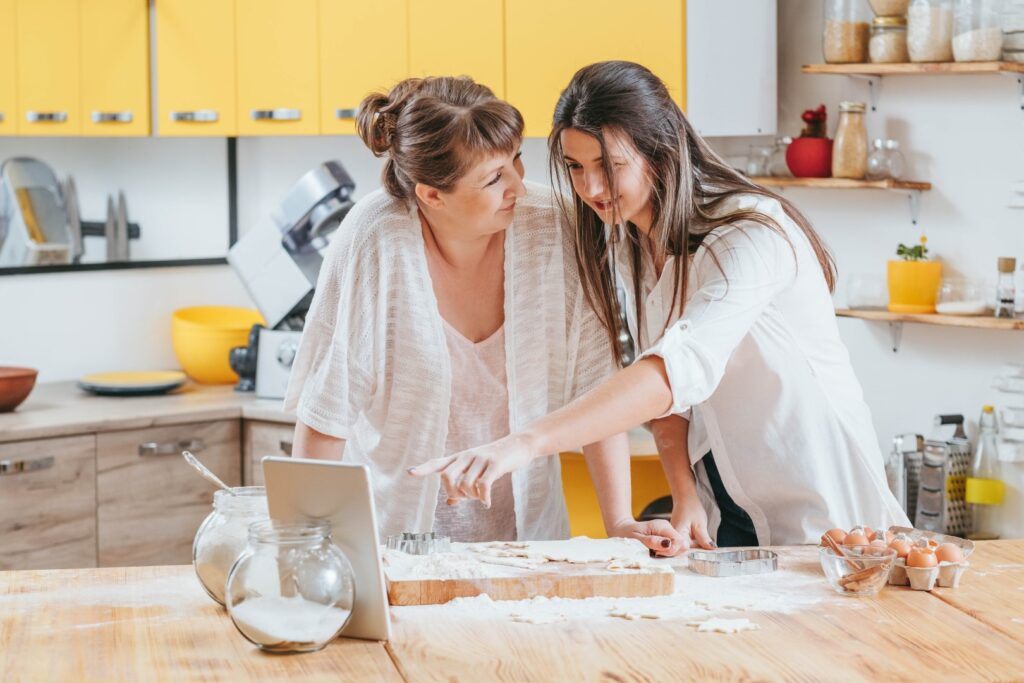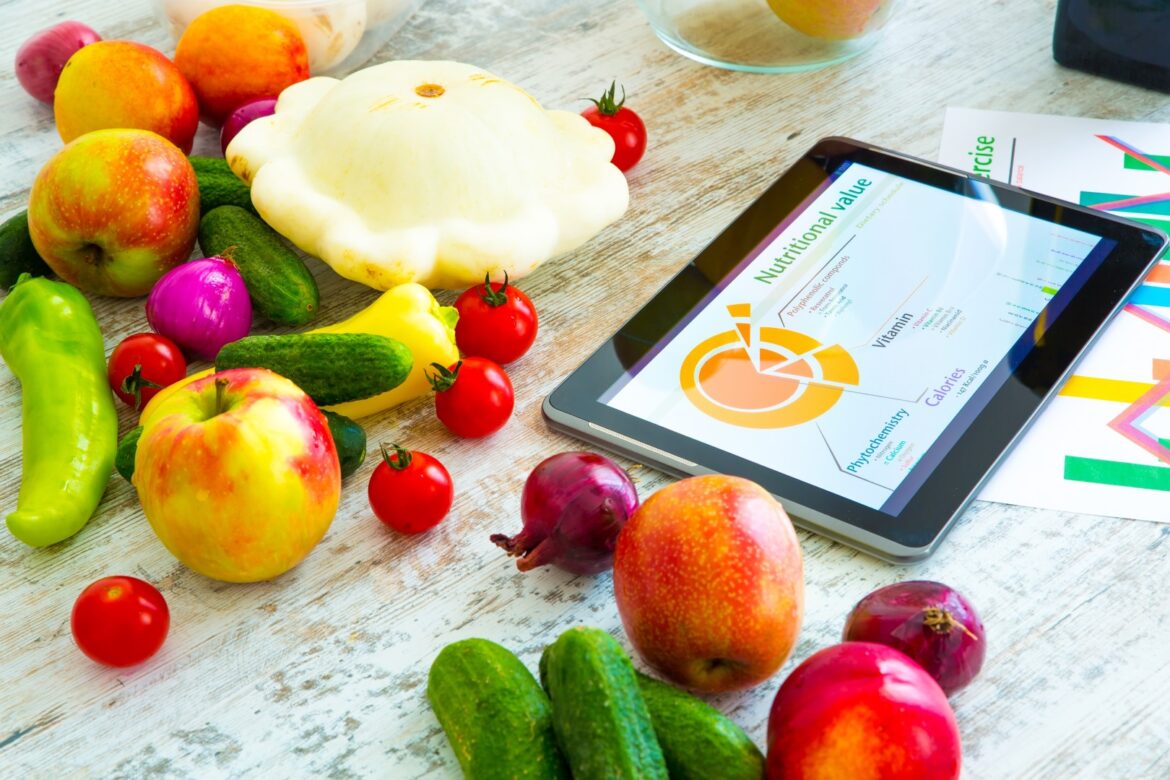Food and cooking play an important role in special occasions, from birthdays and weddings to holidays and religious celebrations. These events often involve family and friends coming together to share a meal, and the food and its preparation can play a significant part in creating a memorable and enjoyable experience.

One of the key aspects of food and cooking for special occasions is planning and preparation. This often involves choosing the right menu, taking into account dietary restrictions and preferences, as well as the theme of the event. For example, a traditional Thanksgiving dinner may include turkey, stuffing, and pumpkin pie, while a birthday party may have a more casual menu of appetizers and cocktails. Planning the menu in advance allows for enough time to purchase ingredients and prepare dishes, ensuring that everything is ready on time.
Another important aspect of food and cooking for special occasions is presentation. The way the food is presented can greatly enhance the overall dining experience. A beautifully arranged plate of food can make a dish more appealing and appetizing. This also applies to the table setting, and the way the table is decorated, with appropriate tablecloth, candles and flowers etc can add to the ambiance of the occasion.
One of the most important and special occasions that involve food and cooking is a wedding. The wedding reception often includes a sit-down dinner or buffet, and the couple may choose to serve traditional dishes or something more unique to reflect their personal tastes. Food can also play a role in the wedding ceremony itself, such as a traditional wedding cake or serving traditional foods from the couple’s cultural background.
For religious and cultural celebrations, food and cooking often have symbolic meanings. For example, during the Jewish holiday of Passover, traditional foods such as matzo and charoset are served to commemorate the story of the Israelites’ escape from slavery in Egypt. Similarly, during the Islamic holiday of Eid al-Fitr, traditional foods such as samosas and biryani are prepared and shared with family and friends to mark the end of Ramadan.
Food and cooking also play an important role in holiday celebrations such as Christmas, Thanksgiving and Easter. These holidays often involve traditional dishes such as roast turkey, ham or roast beef, and special desserts like pumpkin pie, Christmas pudding and Easter cakes. These traditional dishes often hold special meaning for families and are passed down from generation to generation.
In addition to these traditional celebrations, food and cooking can also be an important part of more personal occasions such as birthdays and anniversaries. For these events, the menu may be more tailored to the individual’s tastes and preferences. A special birthday cake or dish that has been requested by the birthday person can make the occasion extra special. Similarly, for anniversaries, a special meal or even a private chef to cook in the comfort of your own home can make the occasion extra special.
Food and cooking play an important role in special occasions, as they add to the overall experience and create memories that will last a lifetime. It is important to plan and prepare in advance, to take into account dietary restrictions and preferences, and to pay attention to presentation. The symbolic meaning of food and cooking can also be an important aspect of religious and cultural celebrations. Overall, food and cooking can bring people together and create a sense of community and shared experience, making special occasions all the more meaningful.
When it comes to special occasions, there are a variety of dishes that can be prepared to make the event extra special. Here are a few options to consider:
For a more casual event, a buffet-style meal can be a great option. Dishes such as lasagne, casseroles, and quiches can be prepared ahead of time and kept warm for serving. A variety of cold salads and appetizers can also be offered to guests.
Seafood is a popular option for special occasions, especially for more formal events. Dishes such as lobster, shrimp, and scallops can be prepared in a variety of ways, such as grilled, sautéed, or poached.
For vegetarians and vegans, a variety of options can be prepared, such as a hearty vegetable lasagne, a lentil or chickpea curry, or a portobello mushroom steak.

For dessert, a classic wedding cake or a traditional holiday dessert such as pumpkin pie or Christmas pudding can be a great option. Alternatively, a dessert buffet with a variety of options such as cupcakes, tarts, and pies can be a great way to end the meal.
For drinks, a signature cocktail can be a great way to add a special touch to the occasion. A custom cocktail that reflects the theme or the season of the event can be a great way to get guests in a celebratory mood.
Overall, the best thing to cook for special occasions depends on the occasion, the number of guests, and the taste preferences. It’s important to plan ahead and consider dietary restrictions, and consider the theme or the season of the event. A good balance of savory and sweet options and a mix of hot and cold dishes can make the event more enjoyable for everyone.


